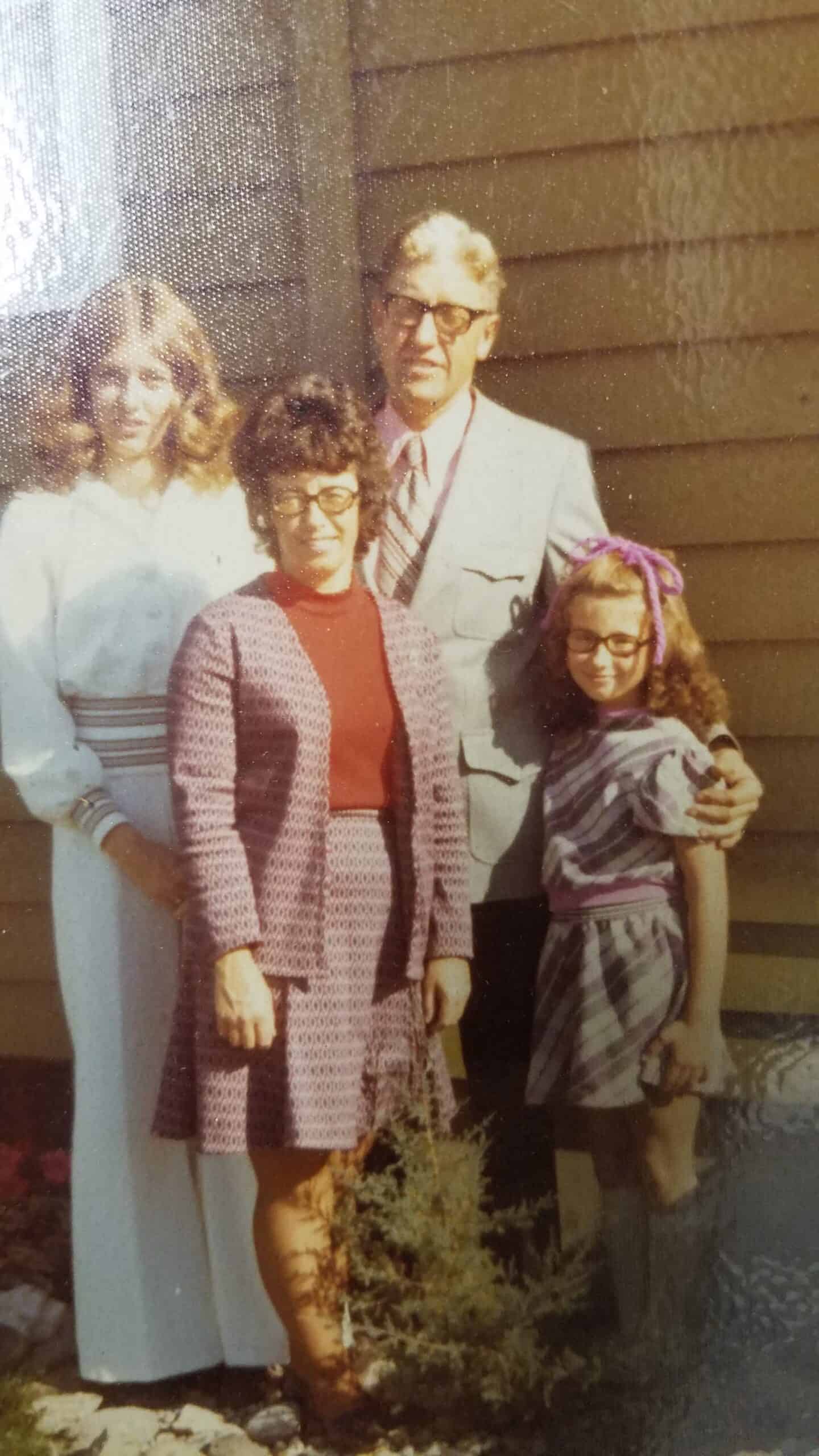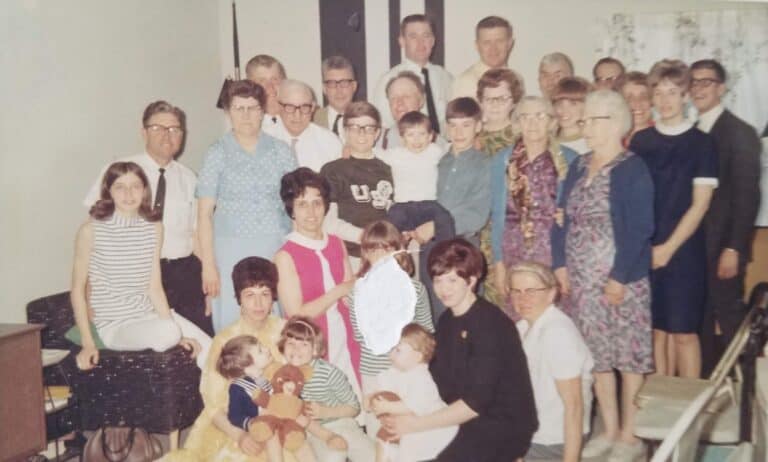The basics of will preparation and how a Lynn Jackson attorney can help
I’ve been going through some old pictures at my parents’ house this weekend, and I am reminded how I love this big, complicated family of mine. My dad was one of nine children. My grandmother was one of eleven children. Dad’s first wife died when she was 30 and my sister was ten years old. Dad then married my mom and they had me. My folks have pictures of “cousins” who died before I was born, a number of relatives I have never met, and some people that we called “family,” but who were really just close friends. The pictures remind me of the beauty of all the relatedness in our communities.
How family is defined doesn’t always fit into a neat box (or a state statute), and that can have a big impact on the people we love after we die. When musical legend Prince died in 2016, he didn’t have a will or any other testamentary document, meaning that his estate was “intestate,” and his “heirs” would inherit. It took a lengthy court process to determine that Prince’s heirs were a sister and six half-siblings. Were these the individuals that Prince wanted to have inherit his beloved possessions and substantial wealth? We will never know, because Prince never created an estate plan, memorializing his wishes for the disposition of his property. The consequence is that Minnesota state law decided who would be the recipients of his legacy. Prince’s estate continues be the subject of litigation with at least six different cases considered by the Minnesota Court of Appeals in the six years since his death. It doesn’t matter if we have a little or a lot, taking time to plan ahead can help take care of the people we love.
For example, did you know that South Dakota does not recognize a common law marriage? Couples who live together for years and want to provide for their partners need to carefully think about how they title their houses, automobiles, and bank accounts, and should set forth their wishes in a testamentary document like a will. Married couples who no longer live together but don’t legally divorce may be surprised to learn that their spouse has a statutory right to an elective share of their estate, even if the person writes a will that excludes the spouse. If you wrote a will before you were married, your new spouse may seek a court ruling of intestacy for a portion of the estate. Those are just some of the complications that can occur if we don’t plan ahead.
It is important to know that a will isn’t our only tool in communicating our wishes for what will happen to our things after we die. Sitting down with a trusted legal advisor to review how we set up our assets, our bank accounts, retirement policies, insurance, and testamentary documents like wills, transfer on death deeds, or trusts are all important tools in making sure that our affairs are settled. When you meet with an attorney, it is not about the piece of paper; you receive advice and a comprehensive review of your options to prevent future legal troubles for the people you love.
We all have our own box of pictures that represent the people we love. Take some time now to think about how we can ensure our affairs settle smoothly when we are gone.
